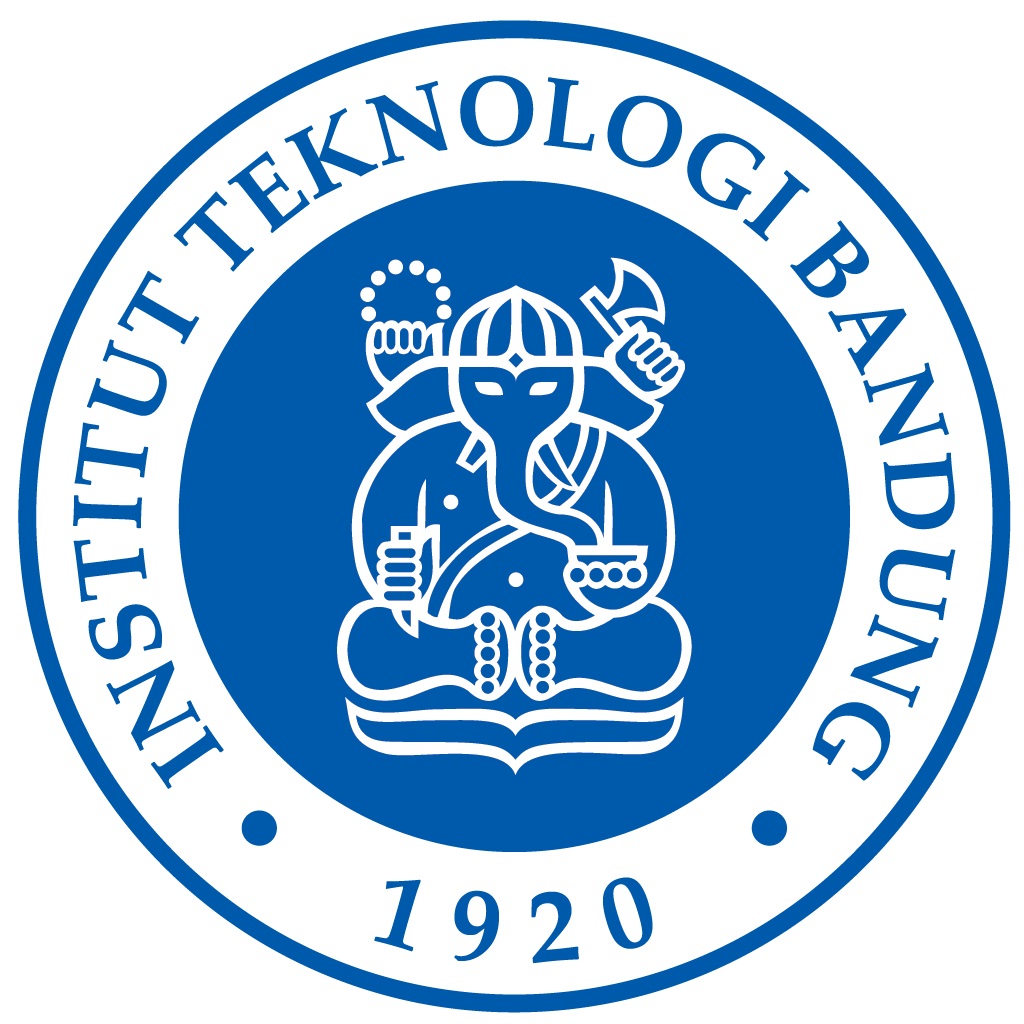

Gede Suantika
Floating net cage (KJA) cultivation is one of the strategic fish cultivation methods in supporting local food security in Indonesia. However, this cultivation practice is not environmentally friendly due to less than optimal management, making it the main challenge for KJA cultivation. This situation can be seen in Janghari Village, Cirata Reservoir, Cianjur Regency, West Java. Problems such as degradation of water quality, decreased productivity, and the presence of disease threaten the sustainability of this cultivation business. This community service aims to determine the sustainability status and development strategy for KJA cultivation as a basis for training for cultivators. The methods used include focus group discussions with RAPFISH analysis to assess sustainability status, as well as SWOT and Quantitative Strategic Planning Matrix (QSPM) to formulate development strategies. Based on research findings, it is known that KJA cultivation in Jangari, Cirata Reservoir is less sustainable (48.3), so 12 development strategies have been developed to increase the sustainability of KJA cultivation. This development strategy aims to increase the capacity of cultivators, manage resources and the environment, strengthen institutions, and increase economic value. Based on the priority strategy, it is known that increasing the capacity of cultivators is important, therefore training is carried out for active cultivators with a focus on sustainable cultivation practices. The training topics include preparation for cultivation, cultivation activities, and management of cultivation waste. This activity is very beneficial in the eyes of cultivators and has succeeded in increasing their knowledge and skills. This program also supports the blue economy program for sustainable fisheries practices.
Determining the sustainability status and development strategy of floating net cage cultivation business in Janghari Village, Cirata Reservoir, Cianjur Regency, West Java. Increase knowledge of sustainable floating net cage cultivation for farmers in Janghari Village, Cirata Reservoir, Cianjur Regency, West Java.
Community service related to sustainable floating net cage cultivation brings great benefits to various parties. Floating net cage (KJA) cultivators in Janghari Village gain new knowledge and skills to maintain the sustainability of cultivation, improve quality of life, and better manage the environment. For stakeholders, assist in carrying out ongoing government programs and provide recommendations for improvements in sustainable floating net cage cultivation. For the community service team, this program opens up opportunities for further research regarding sustainable KJA cultivation technology and practices that can be applied in other areas. For the School of Life Sciences and Technology (SITH), this activity enriches research data and benefits the academic community for the wider community. For ITB, this program strengthens the institution's role in community service and carries out the institutional tridharma of higher education. By being directly involved in community empowerment activities, ITB can play an active role in solving environmental and social problems through scientific and technological approaches, as well as honing students' skills in providing community service through the MBKM program.